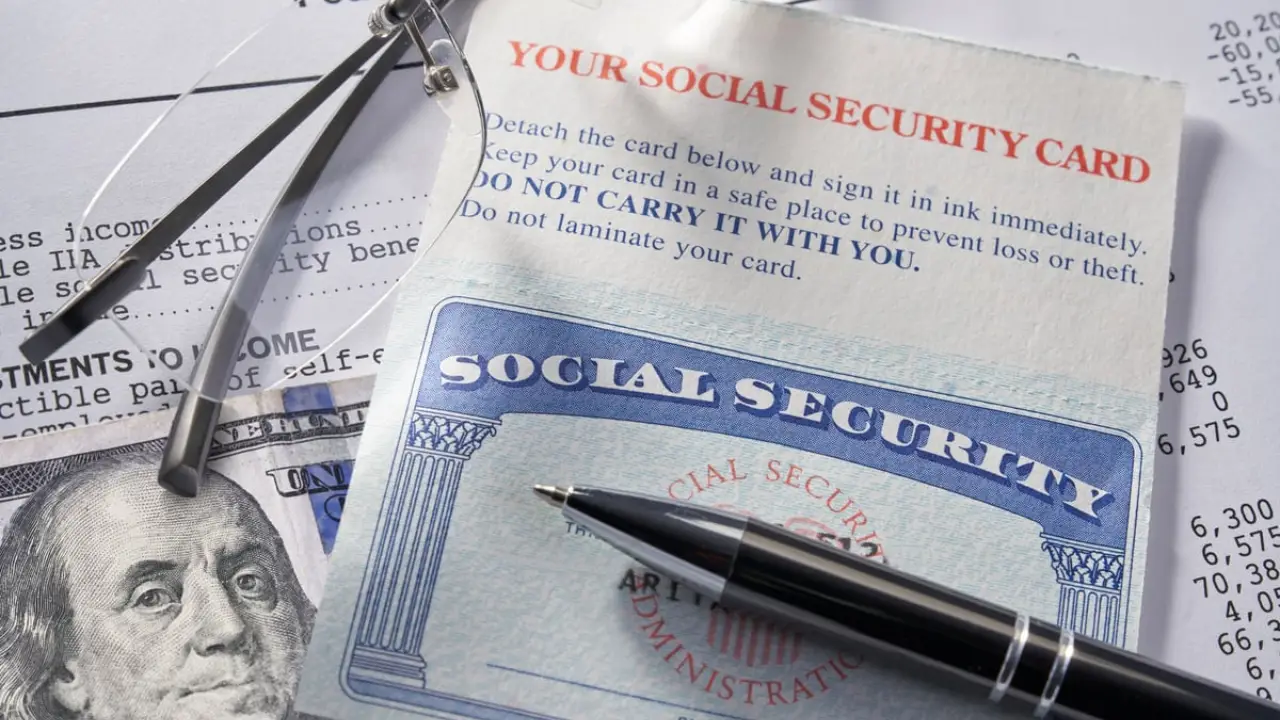The Social Security Fairness Act has now officially become law, marking a significant milestone for nearly 3 million Americans.
Signed by President Joe Biden, the bill will provide backdated benefits totaling over $4,000 for workers who were previously not eligible for full Social Security benefits due to their jobs.
Why This Matters?
This new law is especially important for those working in public service roles, such as teachers, police officers, firefighters, and other government employees.
These workers often faced reduced Social Security benefits, even though they worked hard and contributed to the system in other ways.
For years, the push to address this issue has been ongoing. Efforts started back in 2003 with Senate hearings, and finally, after much debate and discussion, the Social Security Fairness Act has been signed into law.
What is the Social Security Fairness Act?
The Social Security Fairness Act aims to remove two policies that were reducing benefits for many government workers: the Windfall Elimination Provision (WEP) and the Government Pension Offset (GPO).
- The Windfall Elimination Provision (WEP) reduced Social Security benefits for those who worked in public sector jobs and received pensions that did not require Social Security payroll tax contributions. Even if workers paid Social Security taxes during other parts of their careers, they still lost part of their benefits because of WEP.
- The Government Pension Offset (GPO) reduced benefits for spouses and survivors of workers who had pensions but did not contribute to Social Security through payroll taxes.
These provisions affected millions of government employees, retirees, and their families. The Social Security Fairness Act has now abolished these rules, ensuring they no longer reduce or eliminate benefits for eligible workers and their families.
What’s in the Bill?

One of the most important features of the bill is the backdated payments to be given to eligible workers, starting in January 2024. These payments will amount to $4,320 on average for each eligible recipient throughout 2024.
According to the Congressional Budget Office (CBO), this new law will result in an average increase of $360 per month for those who were previously affected by the WEP. These monthly increases will be provided to over 2 million workers who are impacted by the provision.
Furthermore, the CBO also estimates that eliminating the GPO will lead to monthly benefit increases of $700 for spouses of government workers and even higher increases for surviving spouses of public sector employees. Some survivors could see benefit increases as high as $1,190 per month.
What People Are Saying?
The Social Security Fairness Act has received both praise and criticism from lawmakers and experts.
- Senator Sherrod Brown, a key supporter of the bill, emphasized the importance of Social Security, stating, “You pay into it for 40 quarters, you earned it, it should be there when you retire. All these workers are asking for is for what they earned.”
- However, some Republicans, including Rep. Bob Good, expressed concerns about the cost of the bill. Good argued that the law would add $200 billion to the federal deficit over the next decade and could accelerate the insolvency of the Social Security system.
- Walter Gottlieb, a spokesperson for the National Committee to Preserve Social Security and Medicare, called the signing of the bill a historic moment, stating, “The new law rights a wrong that has reduced or eliminated Social Security benefits for certain government retirees for over 50 years.”
- Shawn DuBravac, CEO of the Avrio Institute, noted the financial burden on the Social Security Administration (SSA), which may struggle with additional demands on its resources due to the new payments.
What’s Next?
While the Social Security Fairness Act will help millions of Americans by providing more money, the long-term future of the Social Security system is still uncertain.
According to reports, the Social Security trust fund could face insolvency by the mid-2030s, which means it may only have enough funds to pay out about 80% of benefits owed to recipients.
The SSA is still working on implementing the new law, including determining when and how backdated payments will be issued. An SSA spokesperson said that more information will be made available on the SSA’s website as plans move forward.
For now, workers who are eligible for these payments should be prepared to see an average increase of $360 per month beginning in January 2024, with the possibility of even larger increases in the future for surviving spouses and others impacted by the law.
Conclusion
The passage of the Social Security Fairness Act marks a major victory for millions of American workers, especially those in public service roles.
It addresses long-standing issues with how Social Security benefits were calculated for certain workers, ensuring that they receive what they’ve earned.
While this is a positive change, the future of the Social Security system remains a topic of debate, and the SSA will need to manage the added workload as it adjusts to these new regulations.
If you think you might qualify for the backdated payments or want to know more about how this law affects you, be sure to visit the official SSA website for updates and information on the next steps.
Note- Every piece of content is rigorously reviewed by our team of experienced writers and editors to ensure its accuracy. Our writers use credible sources and adhere to strict fact-checking protocols to verify all claims and data before publication. If any error is identified we promptly correct it and strive for transparency in all updates.




